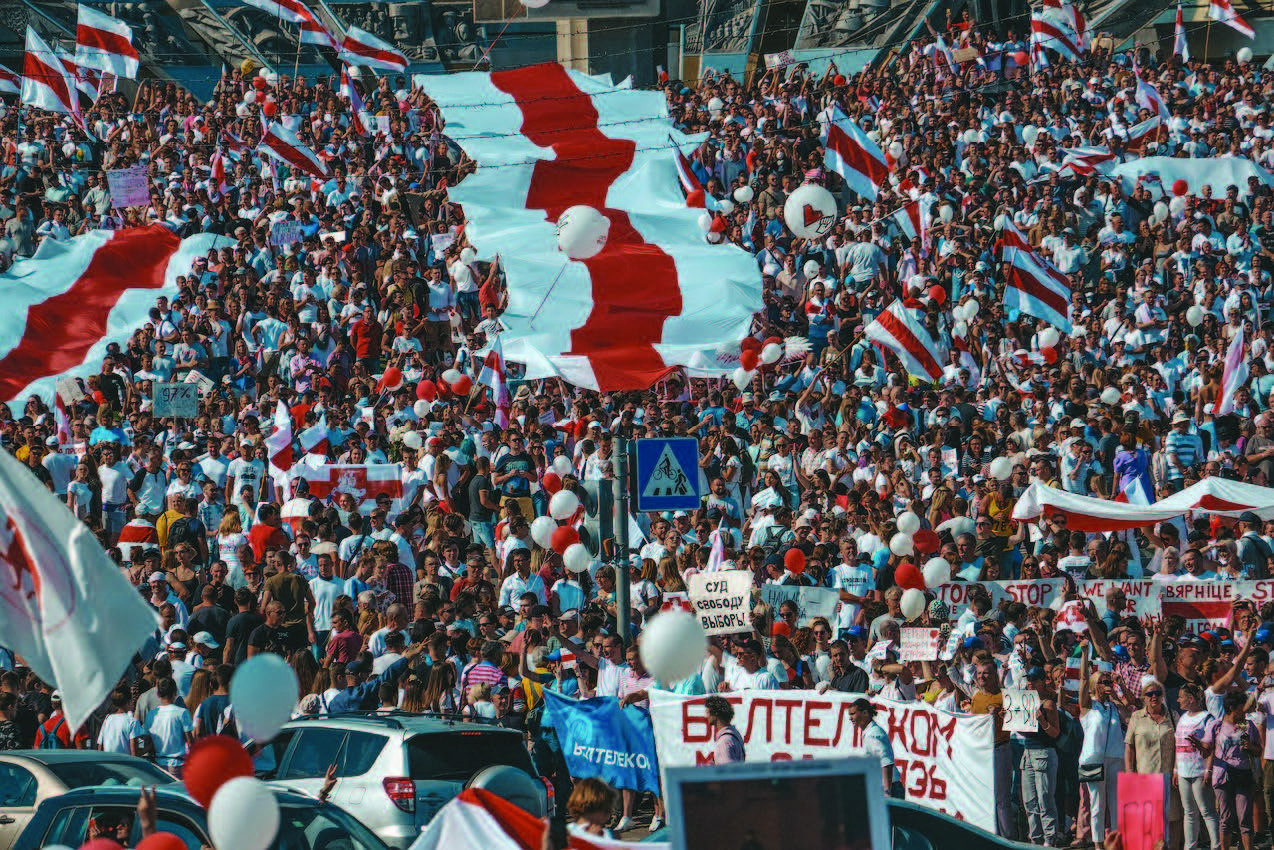
The mass protests against the presidency of Alexander Lukashenko that have rocked Belarus since last summer have involved the country’s Orthodox and Catholic churches, although the Orthodox hierarchy has been more divided on the issue, while Protestants and other religious groups have remained neutral. Petro Kraliuk and Yuriy Plyska, writing in the current issue of the journal Occasional Papers on Religion in Eastern Europe (December 2020), report that while many believers from most religions joined the protests over the contested reelection and continued rule of Lukashenko, despite harsh repression by his security forces, religious leadership have expressed greater caution about such actions. The authors note that Belarus is one of the least religious countries in the world, with its main Orthodox Church having a low rate of active membership and attendance. Yet recent events have demonstrated the importance of the religious factor in the country’s social life. The risks of danger and of repression of religious organizations have led to different strategies by the Belarusian Orthodox Church, with its hierarchy shifting from “soft opposition” to loyalty to Lukashenko. The church has shown a dual loyalty, being part of the Russian Orthodox Church and thus loyal to the Russian government, with its leading bishops being ethnically Russian, while also being subservient to the Lukashenko regime.
While considering himself an “Orthodox atheist,” Lukashenko has sought to work with the Orthodox Church, condemning what he calls “bad religions,” such as the more independent Belarusian Autocephalous Orthodox Church and, increasingly, the Catholic Church. Caught between loyalty to Russia and the concerns of lay members, Exarch Paul, presiding bishop of the church, expressed support for the protests, sensing that Russia was also critical of Lukashenko. But when Russian leaders reached an agreement with the president, the fate of Exarch Paul was decided, and he was replaced by Exarch Benjamin, who has remained officially neutral about the protests even as he has sought to cooperate with Lukashenko. The situation is quite different for the Catholic Church, the second largest church in Belarus, which has a more Western orientation. A significant number of Catholic clergy have participated in the protests, with its head Metropolitan Tadevush Kandrusevich taking a critical stance toward Lukashenko Kandrusevich’s condemnation of state violence was enough for Lukashenko to deny him re-entry into Belarus after he visited Poland, leading to a campaign by Belarusian Catholics on his behalf. Meanwhile, the minority religions have taken a neutral official stance toward Lukashenko (even as laypeople have joined the protests), with some Protestants seeing him as a “lesser evil” compared to the liberal democracies of the West.
(Occasional Papers on Religion in Eastern Europe, https://digitalcommons.georgefox.edu/ree/vol40/iss10/3/)

Source: A_Matskevich (https://pixabay.com/de/users/a_matskevich-12470786/)